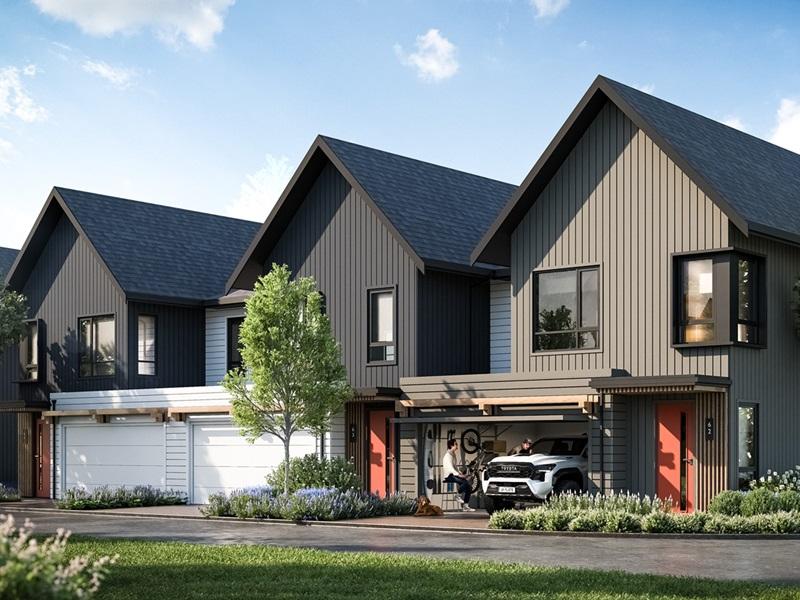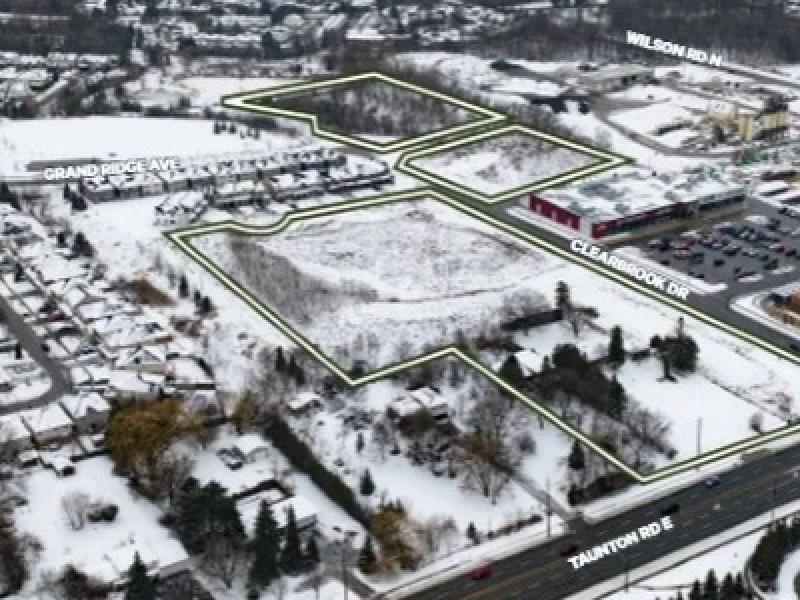For years – in fact, since long before the pandemic – new home builders and developers in Ontario have been asking all three levels of our governments to take action when it comes to lack of affordability and lack of supply.
This spring, we saw some major steps in both the provincial and federal budgets that will, hopefully, help.
The Government of Ontario released the 2024 Budget: Building a Better Ontario in March. Included in this budget was the promise of a $1 billion investment in the new Municipal Housing Infrastructure Program to pave the way for more homes to be built.
This is an important step, as infrastructure expansion is critical to the construction of new home communities. The budget also includes a provision for rewarding municipalities that achieve their housing targets with funding from the three-year, $1.2-billion Building Faster Fund.
You can read the budget here: https://budget.ontario.ca/2024/index.html
Cutting red tape will be welcome
When April rolled around, the Ontario government introduced the Cutting Red Tape to Build More Homes Act, 2024 as part of the government’s Spring 2024 Red Tape Reduction Package. The act will go a long way toward keeping costs down, saving time and improving service delivery for builders, developers and other businesses.
Cutting red tape is something new home builders have been suggesting for many years, as unnecessary paperwork delays have created massive barriers to construction.
The new act will result in homes being built faster at a lower cost.
For one thing, supporting standardized home designs such as modular houses will be a welcome initiative. This tried-and-true method of home construction has been around a long time. It is appropriate to encourage it as part of addressing our housing shortage.
Other approaches include:
- easing the way for building more garden, laneway and basement suites to make the most of whatever properties they are on;
- enabling home buyers and builders to make their own decisions on the number of parking spaces in new residential development that lies close to transit options;
- and to streamline approvals for student housing.
Could capital gains tax increase backfire?
The big news in the federal budget was targeting Canada’s highest earners with an increase on capital gains tax for those who will have more than $250,000 in capital gains in a year. The idea was to use this money to help young buyers. The first $250,000 would remain at one-half, while anything above that would be taxed at two-thirds.
These amendments to the Income Tax Act, which have been hotly contested, would take effect on June 25 – but it was announced in early May the amendments will be removed from the budget and voted on separately.
The capital gains change would affect Canadians with an average income of $1.42 million.
I applaud the concept of fairness to help our housing situation, especially in the face of the overwhelming demand for homes by newcomers to Canada. I question, however, how fair it is to older Canadians who have worked hard for decades to assemble wealth – and who may now decide to hold on to their second or third residences rather than selling them and increasing badly needed supply.
It may also dissuade condominium investors. Wealthy Canadians are already hit with an onerous level of taxation, and some experts are warning that this tactic may backfire.
Time will tell.
A big yes to modular and prefab housing
The federal budget covers other steps geared to increasing supply with policy initiatives designed to build 3.87 million homes by 2031. Among these, I find the most feasible the $600 million for innovations in modular and prefabricated homes and the $15 billion to top-up the Apartment Construction Loan Program.
This sounds wonderful, but does the math translate? During Justin Trudeau’s years as prime minister, an annual average of 230,000 housing starts was reported, bringing the number of homes under construction to over 350,000.
Yet, CMHC says we need twice as many to keep up with demand. How are we going to see more than 500,000 new homes built every year for the next seven years?
Of course, the 30-year mortgage amortization for first-time buyers change will take effect on August 1, which is brilliant – but it seems insufficient to make a major difference. It should have been done across the board for all buyers, which would have done a lot to help instill confidence in the entire market.
And confidence is a huge factor in reaching and maintaining a healthy economy.
I do think the “public lands for homes” strategy is wise. Selling off unused and underused publicly owned properties for residential development just makes so much sense. These lands should be put to better use, especially with available developable land becoming scarce.
So I say let’s have a round of applause for that!
You can read the federal budget at https://budget.canada.ca/2024/home-accueil-en.html
Barbara Lawlor is CEO at Baker Real Estate Incorporated. Among her accolades are inclusion in SPARK’s Influential Women in Canadian Real Estate Development 2021. She was an Honoree at the 2019 BISNOW Toronto Power Women Commercial Real Estate Leaders event, a panelist at the Key Media International Conference in 2018 and winner of the pinnacle 2017 Riley Brethour Award from BILD, among other honours. She is also an in-demand columnist and speaker who is respected for her impactful industry voice. A member of the Baker team since 1993, she oversees the marketing and sales of new condominium and home developments in Canada in the GTA, Vancouver, Calgary and Montreal, and internationally in Shanghai. Keep current with The Baker Blog at blog.bakerrealestate.com







